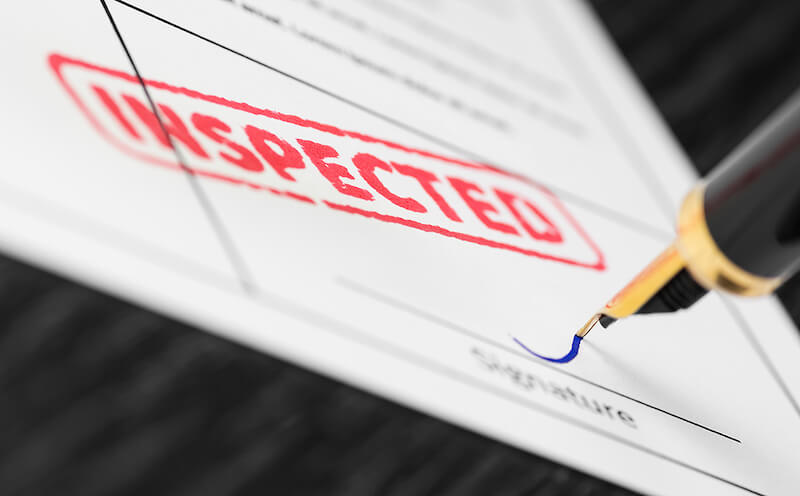Broker dealer audits have stringent requirements to protect investors. Firms registered with the Public Company Accounting Oversight Board (PCAOB) must audit their broker dealers once a year. An annual broker dealer audit confirms they’re compliant with all applicable laws, and are working for the full benefit of their clients. These audits prove to your clients that you take their service seriously and want the best for them.
Below are a few key objectives of a broker dealer audit.
1. An Objective Audit of Your Finances
Your chosen broker dealer auditor must work for an independent accounting firm. They’re required to comply with all applicable auditing and related professional practice standards. This means they can’t gain anything, financial or otherwise, from giving your firm passing marks. Likewise, your auditor may not perform bookkeeping or other services relating to your financial statements or audit records.
2. Ensuring Your Broker Dealers are Following Regulations
To ensure that your broker dealers follow regulations, your chosen auditor needs to be registered with the PCAOB. This means their accounting firm meets the minimum requirement to conduct a broker dealer audit. For a seamless audit, choose an accounting firm with extensive experience navigating the ever-changing complexities of the securities industry.
Audits are a time-consuming process, but the right firm can conduct them with minimal disruption to your business operations. An experienced firm will investigate your financial statements, thoroughly understand your corporate goals, and suggest reputable tools to ensure compliance, without negatively impacting your job.
3. Addressing Concerns About Compliance
If your auditor raises concerns during the broker dealer audit, they’ll make recommendations for change. These recommendations might be geared toward improving your tracking of finances and improving your operation flow. Consider their recommendations seriously, as a skilled auditor can drastically improve your operations. Additionally, ignoring recommendations might lead your organization down a path of future troubles. Take care of concerns now, as soon as you can.
Conclusion: How to Prepare for a Broker Dealer Audit
Before your broker dealer audit, your business should organize materials that will be used during the process. Put together your anticipated questions, as well as answers to anticipated questions from the auditor. Preparation is an ongoing process, and you should keep your auditor updated in between audits as well. The higher quality your communications, the quicker and smoother your audit will pass.


 Landlord Success: 3 Time-Tested Tips to Make Life Easier for You and Your Tenants
Landlord Success: 3 Time-Tested Tips to Make Life Easier for You and Your Tenants